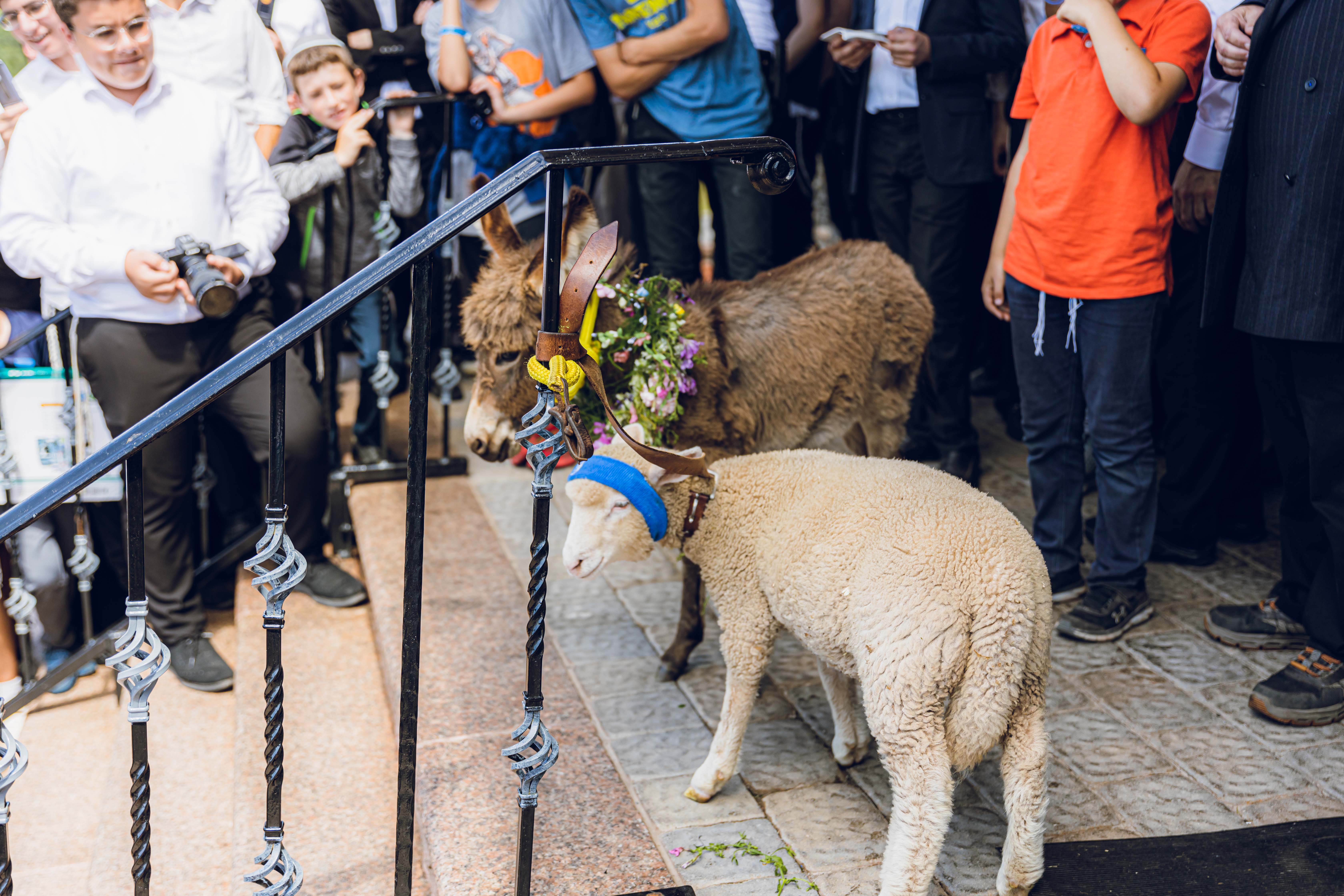Ask the Rabbi with Rabbi Chaim Mintz
We are already deep into Elul, and I know it’s time I started preparing for the Day of Judgment, but I’m not sure how to do it in practice. Every year I set goals to improve, fail, and end up repeating the same resolutions the next year. How can I make real, lasting changes?
Rabbi Chaim Mintz responds:
Rosh Hashanah: A Day of Judgment and Joy
Of course, Rosh Hashanah is a day of judgment, and we must prepare ourselves accordingly by doing teshuvah (repentance) and working to better our ways. But beyond that, it is a time of tremendous connection and joy, when the King of all kings comes close to us.
Showing Our Sincerity to Hashem
To merit this closeness, we must show Hashem (God) that our desire for a relationship with Him is sincere. We do this by taking real steps to improve ourselves, aligning our actions with His Torah, and demonstrating that we are on the right path. We do not need to be perfect, but we must begin the work of improvement to prove that our longing for closeness is genuine—that we truly recognize we are His people and He is our King.
The first step is to do a cheshbon hanefesh—a careful introspection, so you can identify the areas where you struggle most. Things like Shabbos observance, gossiping, helping others, or character traits like anger or laziness. Then take practical steps to improve in those areas.
Gradual Growth
It is important for every person to work according to his or her own level. Someone who is not yet keeping Shabbat cannot be expected to suddenly follow all the laws perfectly. He should begin with something smaller like not turning on certain lights, making Kiddush, or lighting candles—and then build gradually. If one needs to work on having more kavanah (concentration) during davening (prayer), he should start with trying to focus during one brachah (blessing) of Shemoneh Esrei (silent Amidah prayer), and only after that has been mastered move on to the next.
Even with these smaller goals, it’s important not to take on too much at once. People sometimes get inspired and try shooting for the stars, only to fall flat on their face! And if a person keeps falling short, it can be discouraging and make it harder to succeed in the future.
Building Momentum through Small Wins
On the other hand, success breeds success. One small win helps a person realize that meaningful change is possible. It builds confidence and momentum, allowing him to gradually tackle larger challenges and work step by step toward significant growth and achievement.
In fact, it’s so important to build this sense of success, that although ideally you should focus your improvement on areas where you struggle the most, at times it may be better to start with areas where you can succeed more easily. Achieving these wins creates momentum, which can then be applied to tackle the more challenging areas.
The Commitment Strategy
Failing to keep commitments is a common occurrence. Many people end up in the same place year after year, caught in a cycle of commitment, failure, and renewed effort. But you can’t accept defeat—you need to find an approach that works. People often fail because they make commitments without a concrete plan. Simply committing isn’t enough—you need a clear strategy for how you will follow through. And if you already had a plan and it didn’t work, it’s essential to create a new one that will actually help you succeed.
Often, failure happens because we find ourselves in situations that make it difficult to succeed. The best way to overcome challenges is to avoid them. For example, for many who struggle with lashon hara (evil speech), the difficulty stems from the company they keep. So the most effective approach is to minimize those interactions. If you know someone is about to call and gossip, don’t pick up. Removing these obstacles makes it easier to follow through and achieve the growth you’re aiming for.
In Summary
To prepare yourself properly for Rosh Hashanah, find areas that need improvement. Take practical, small, and achievable steps, and avoid situations that might make you stumble.
Have another question to ask a rabbi? You can ask Rabbi Mintz your own question at asktherabbi@oorah.org, or head to oorah.org/asktherabbi/ to watch the latest Q&As or join Ask the Rabbi Live, Tuesdays at 9PM ET.


